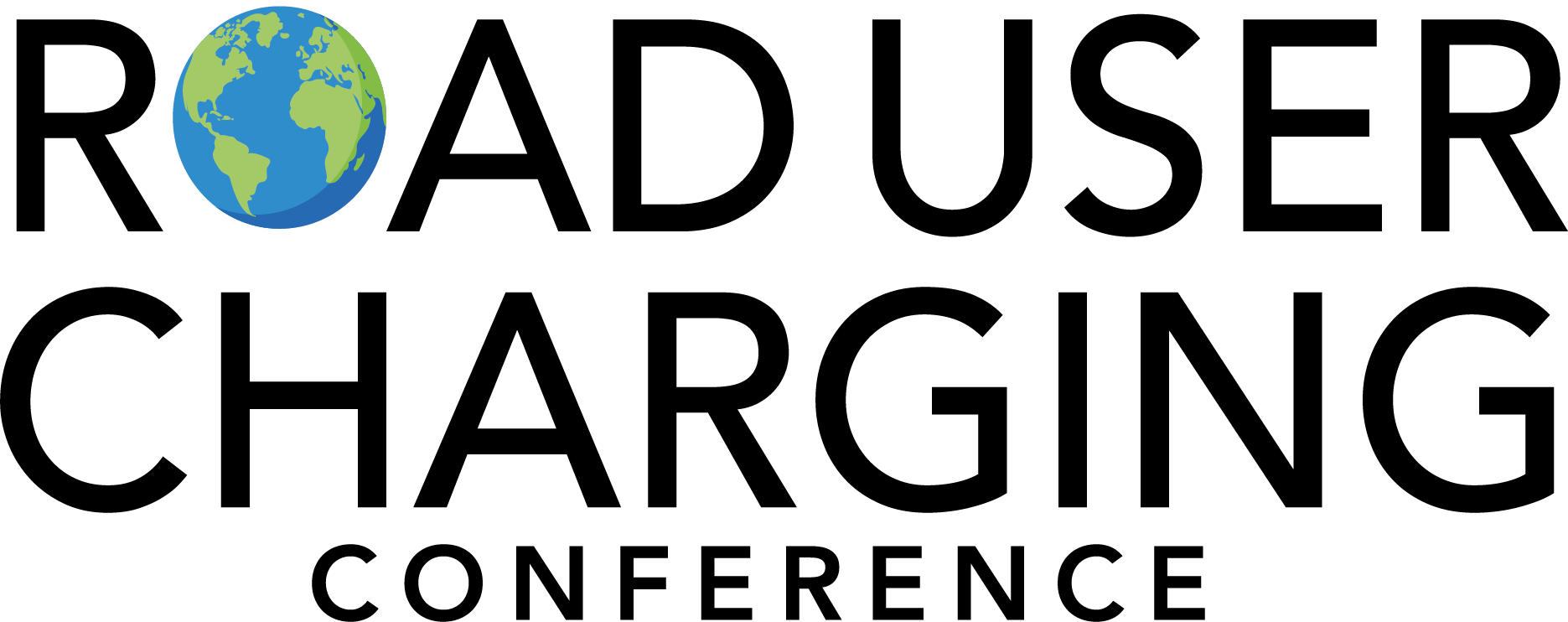CO2 emissions from Europe’s toll roads drop 20% as decarbonisation drive gains momentum
)
The ASECAP 2024 Sustainability Report states that total emissions from operational activities decreased from 497,798 tonnes in 2021 to 397,160 tonnes in 2023, driven by energy efficiency measures, increased use of renewable energy and a growing network of electric vehicle (EV) charging points.
It highlights the achievement as a critical milestone for Europe’s toll operators in aligning with EU climate goals, including the European Green Deal’s target of climate neutrality by 2050.
The report points to the rapid expansion of EV charging infrastructure as a key factor behind the reduction in emissions.
From 2021 to 2023, the number of e-charging points across the network more than tripled from 1,423 to 4,992, with the number of service areas offering charging facilities rising from 438 to 923.
According to the report, the growth reflects a strategic push to support the shift toward electric mobility, backed by significant investment from both public and private stakeholders.
The document also reveals a sharp 19% year-on-year reduction in energy consumption in 2023, following a smaller 2.35% reduction in 2022.
Energy-saving initiatives, the introduction of more efficient lighting systems and the integration of renewable energy sources such as solar and wind power contributed to this downward trend.
The use of recycled materials in construction and maintenance has also played a role, with 65.3% of total waste generated in 2023 being recycled or reused.
In addition to its environmental focus, the report highlights advancements in road safety. European toll roads continue to align their safety measures with the EU’s Vision Zero strategy, which aims to eliminate fatalities and serious injuries on European roads by 2050.
While the total number of road fatalities on the network fell from 624 in 2022 to 543 in 2023, injuries increased from 18,874 to 19,729.
Nevertheless, the report shows that fatal accident rates slightly improved, with 1.7 fatal accidents per billion kilometres travelled in 2023 compared to 1.9 in 2022.
The rollout of cooperative intelligent transport systems (C-ITS) is seen as a crucial component to improve road safety.
C-ITS allows vehicles, infrastructure and road users to exchange data in real time, supporting better traffic management, early warnings of incidents, and enhanced safety for road workers.
According to the report, European toll roads have already begun investing in the technology, preparing their networks for a rise of connected and autonomous vehicles.
On the social front, the report notes progress in workforce diversity. In 2023, women made up 32.4% of the workforce, up from 31.9% in 2022.
Representation in leadership roles also improved, with women accounting for 32.1% of executive and management positions, compared to 31.5% the previous year.
The total workforce grew by 3.5% in 2023, reflecting an expansion in operational capacity and services.
Financially, the report highlights the sector’s contribution to national economies. Toll revenues rose to €35.03bn in 2023, a 7% increase from 2022.
These revenues reportedly contribute significantly to public finances, with the VAT on tolls rising to €5.92bn in 2023.
The toll system is framed as a sustainable funding model, with the report arguing that the “user pays” principle ensures long-term investment in safe, sustainable, and modern road networks without burdening public budgets.
Looking ahead, the report warns that meeting the EU’s Fit for 55 objectives and achieving net-zero mobility on European motorways will require an estimated investment of more than €70bn in infrastructure upgrades.
Thus, the report calls for greater support from EU policymakers to ensure that tolling models are recognised as a key financial mechanism for achieving climate goals.



